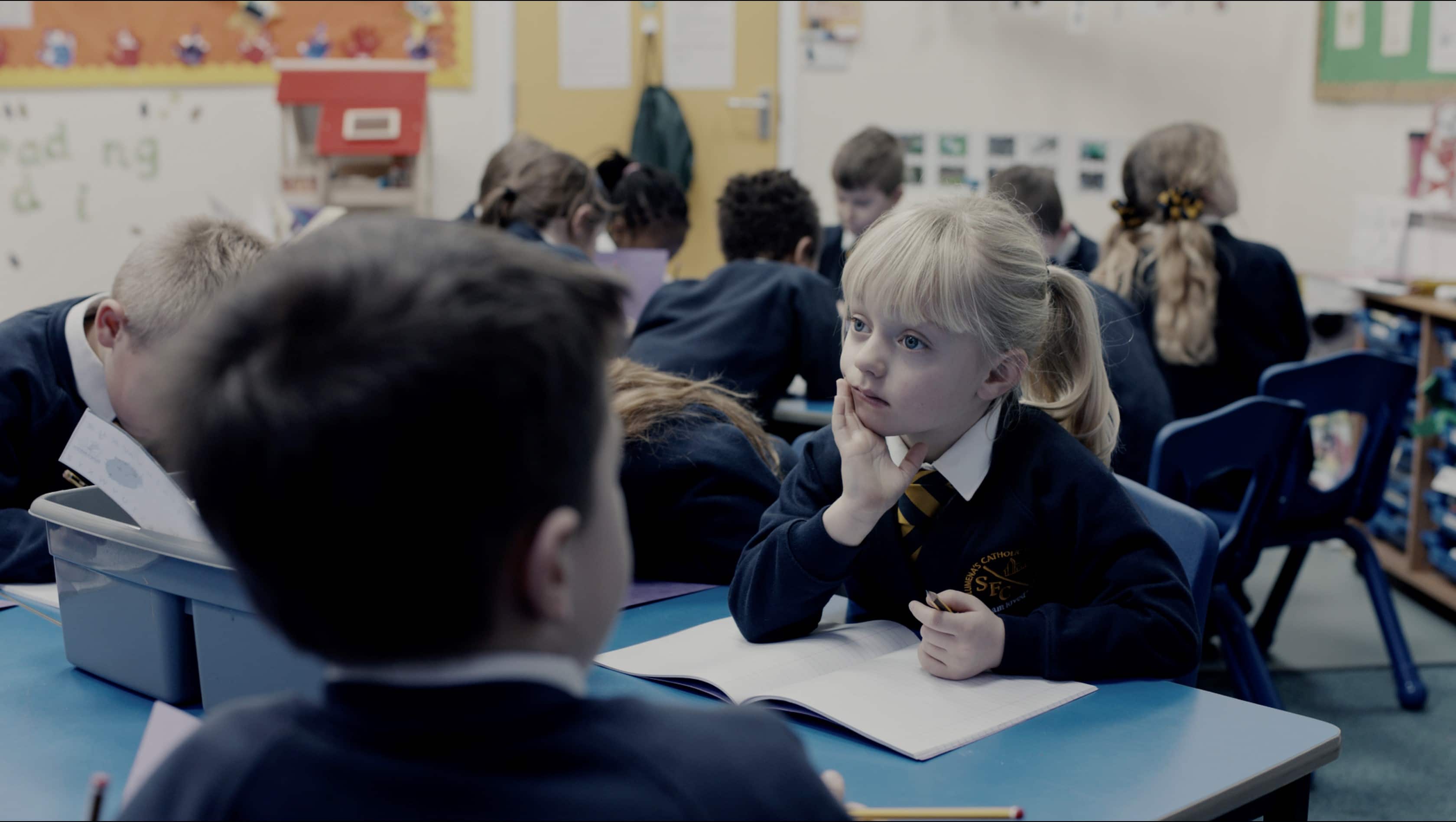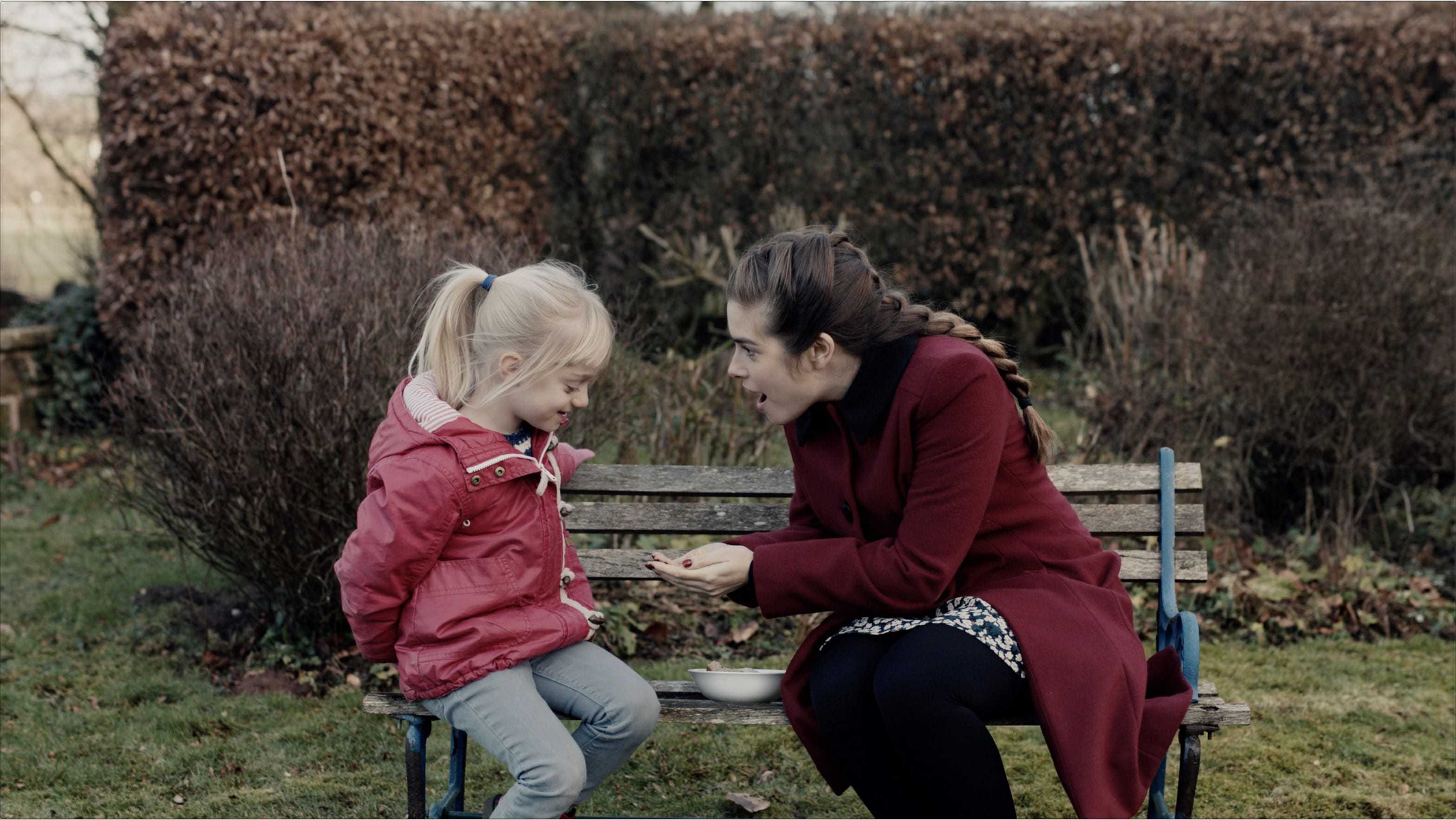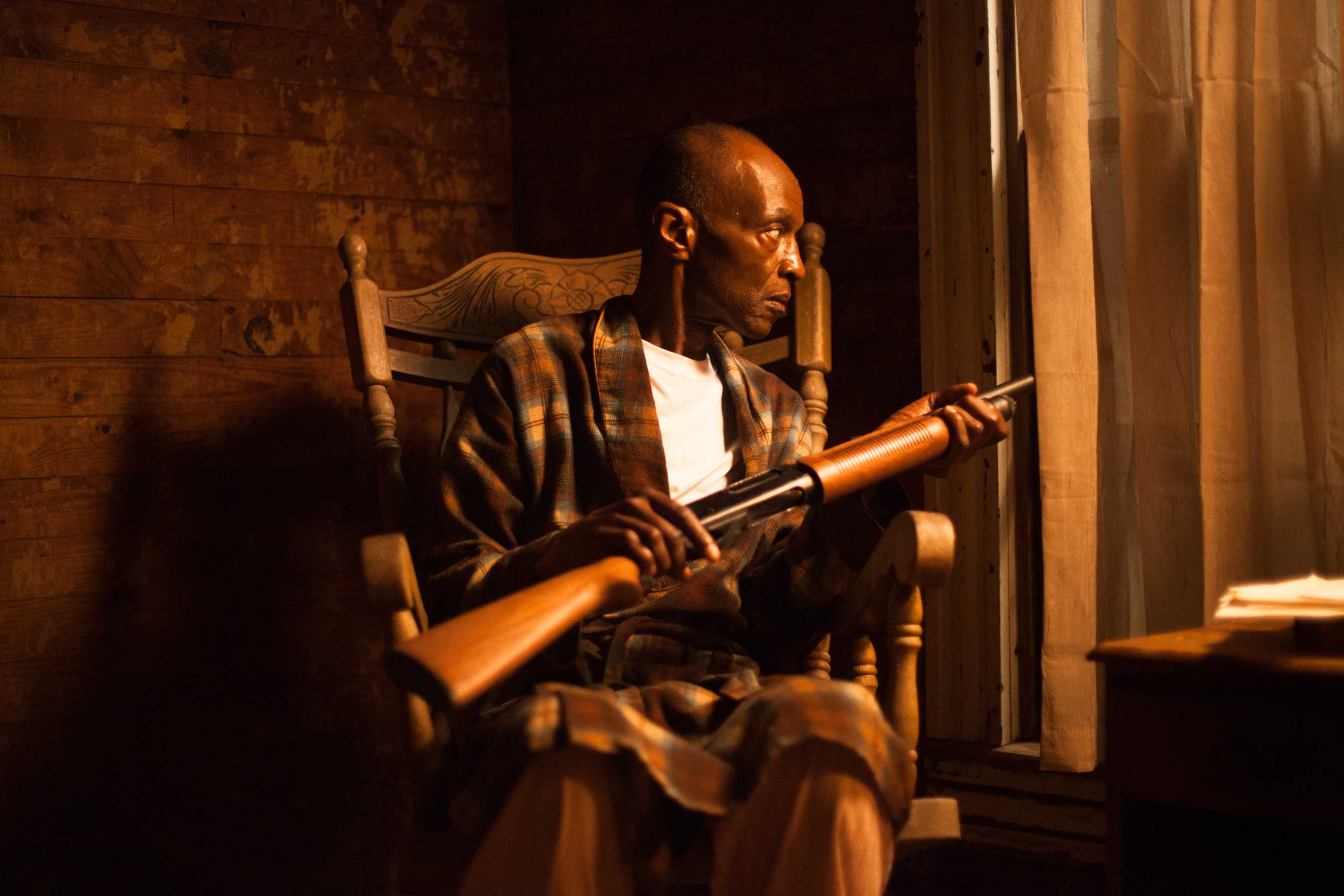
Short films don’t get enough attention during the year, but at least we can always depend on ShortsTV putting the Oscar-nominated selections in theaters every February (see my reviews of the animated nominees here). Out of the thousands and thousands of short-subject live-action films, are the Academy’s picks truly the best of 2017? I don’t know, but this year’s nominees are actually pretty darn good to exceptional.
With all five contenders for Best Live Action Short together hitting the big screen this Friday (February 9th) and then On Demand later this month (February 27th), I’ve reviewed and ranked them below based on my preference. And I’ve tried to guess what the Academy voters will favor, too.
5. The Silent Child

Surprisingly, only one British short received a nomination this year, and it’s a good one — with a minor issue. The film is literally a 20-minute PSA advocating for specialist support for deaf children in schools and for greater recognition of sign language. You can feel it heading there in the last few minutes, too, before the text hits the screen with statistics and explicit issue awareness. That isn’t as welcome with fictional dramas as it is with documentaries.
The short, which is written and directed by actors Rachel Shenton (Switched at Birth) and Chris Overton (Pride), respectively, is otherwise well done. It’s about a hearing-impaired four-year-old (deaf child actress Maisie Sly) whose family is too busy to learn to sign with her and would rather she just adapt to lip reading. Shenton also stars in the film as a new social worker assisting the girl in the way she thinks best. Sadly, it’s not what is preferred by the child’s family or what’s best accommodated for at school. There’s not much of an ending on its own without leading into the PSA, unfortunately, but the main character dynamic is sweet and sad and has enough of an emotional payoff anyway.
Could it win the Oscar? Given how often Academy voters go with a cause with documentary shorts and sometimes live action shorts, I don’t see the PSA aspect deterring them at all. But I still don’t think it’s a strong enough film to win.
4. My Nephew Emmett

Writer/director Kevin Wilson Jr. has made an excellent student film with My Nephew Emmett. He has actually already won the Gold Medal at the Student Academy Awards for the NYU MFA pre-thesis project, which depicts the 1955 murder of Emmett Till from the perspective of the boy’s uncle. Wilson knows this tragic story very well, having previously written and directed a hit play about Till.
There’s something that doesn’t feel entirely conclusive or complete about the film, though. And I didn’t get as much as sense of the whole story or feel an emotional power to what happens to the boy. At 20 minutes, t’s like a piece of a good lengthier TV drama about Till, and its all too brief in its attachment of a documentary clip of the uncle, Mose Wright (portrayed in the film by L.B. Williams). If I wanted to nitpick, the actor who portrays Till (Joshua Wright) seems way too old, as well. Still, as an introductory work, it’s impressive. Wilson gets good performances out of Williams and Jasmine Guy, as Mose’s wife Elizabeth, and there’s a lot of promise here. Wilson is surely one to watch.
Could it win the Oscar? Definitely, particularly given the interest in inclusion and recognizing stories of racism and Civil Rights history at the moment. The last time a Student Academy Award winner also won the Academy Award was 2010’s God of Love.
3. Watu Wote (All of Us)

Another Student Academy Award winner, the 22-minute Watu Wote was director Katja Benrath‘s graduation project at Hamburg Media School. Scripted by editor Julia Drache with input from Kenyan storytellers Alexander Ikawah and Brian Munene, the film follows the true story of a Christian woman riding a bus that’s stopped by Al-Shabaab terrorists. This is apparently a common occurrence around the dangerous border of Kenya and Somalia, but this 2015-set film shows one time when Muslim passengers stood in solidarity with the Christians on board.
Watu Wote isn’t particularly poignant with any original thoughts about its incident or the greater issues of religious discrimination or fundamentalist terrorism. It’s really just a dramatization of a single event and not that powerfully depicted. There’s also not anything wrong with it as it is. The cast of local actors is terrific, and the film looks great. For something intended just to show what happened and to honor the heroic demise of one of the passengers, it does its job. And like Wilson, Benrath shows promise that she’ll be going places.
Could it win the Oscar? If voters want to go with something more political or issue-driven, this would be the pick, but I don’t think it stands out enough otherwise. Also see the above note about Student Academy Award winners pulling double duty.
2. The Eleven O’Clock

We need at least one funny short in the mix, and this Australian comedy is about as perfect a fulfillment of that slot as there can be. Compared to other filmmakers in the category, director Derin Seale is an industry veteran, though mostly for second-unit gigs on such features as Cold Mountain and The Talented Mr. Ripley. And writer/co-star Josh Lawson is pretty seasoned, as well. Their collaboration is a clever riddle of a short story involving two men claiming to be the real psychiatrist, and which is the patient with the titular appointment, a man who believes he’s a psychiatrist.
I won’t spoil the outcome, of course, as this is your typical comedic short story with a punchline ending. Kind of like an extended, but not overlong, Monty Python sketch. And it’s not the sort that feels just like a one-note joke, because Lawson and his sparring partner here, Damon Herriman, are wonderful in their back and forth throughout the 13 minute runtime. You’ll be wanting to see them in more collaborations, and fortunately they have done other shorts (Pet and Smithston can be watched online), and both of them appear in Lawson’s feature directorial debut, The Little Death, which won an Audience Award at SXSW three years ago.
Could it win the Oscar? Comedic shorts aren’t often Academy Award winners, especially if there’s no romantic element (again, see 2010’s God of Love), and voters could see this as an enjoyable sketch rather than substantial film.
1. DeKalb Elementary

I was honestly afraid of this film. Not just because it’s based on an incident I recall, having lived nearby when it happened, but also because I expected an overly dramatized and ultimately politicized effort. But it’s actually a very straight telling of the story of troubled young man entering an elementary school with an automatic rifle and being talked down by one of the administrators. There’s nothing emphasized regarding the shooter’s mental health or his weapon, and it’s not even too devoted to the heroic handling of the situation. For that, there’s a Lifetime TV movie starring Toni Braxton.
Both of the stars of Dekalb Elementary, Tarra Riggs (The Help) as the fictionalized school bookkeeper and Bo Mitchell as the gunman, are totally on point. There should be special Oscars for lead performances in short films, too, because Riggs especially is outstanding. Played out in real time, Reed Van Dyk‘s 21-minute drama does everything right as an engaging character piece without the influence of agenda or anyone trying too hard. I was blown away by how good this short is and can’t remember the last nominee in this category that I’ve felt that about.
Could this win the Oscar? I really hope so. It’s just too good for it to be ignored. The only reason I could see some voters being turned off is if they think it should be more politicized. I wouldn’t bet on it being the winner, but I’m putting it out there that it should be.
Related Topics: Oscars
